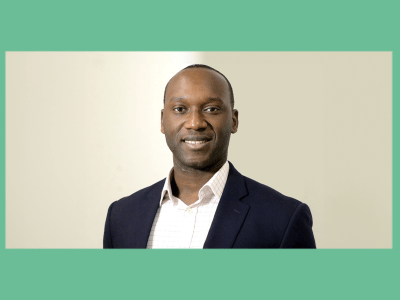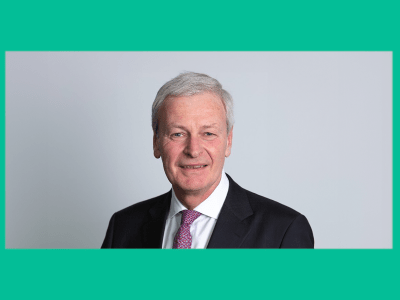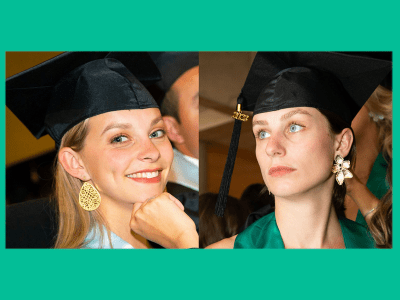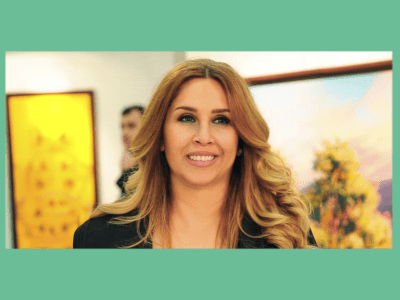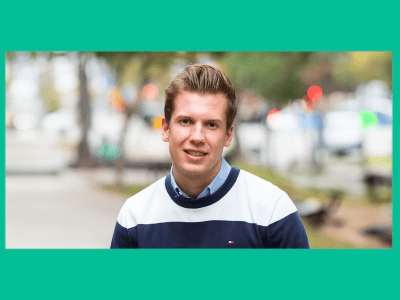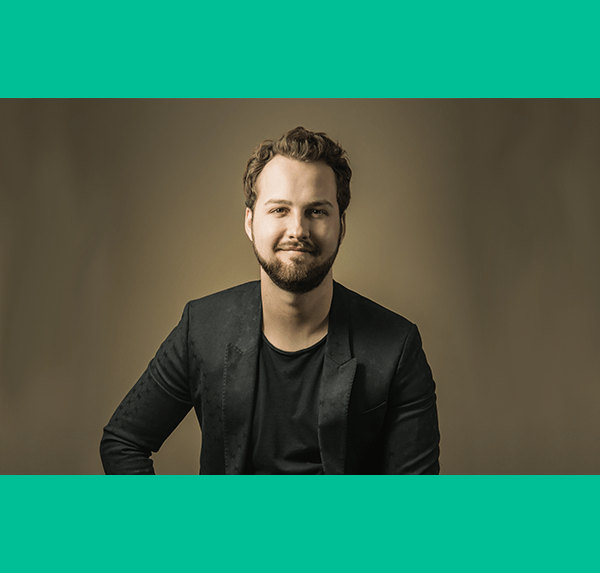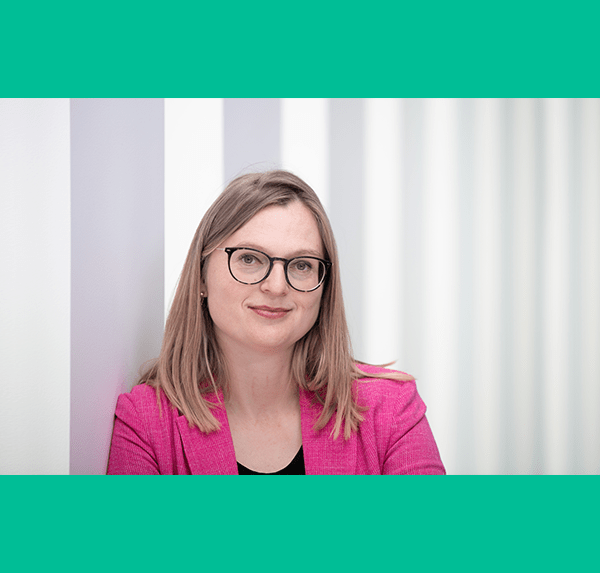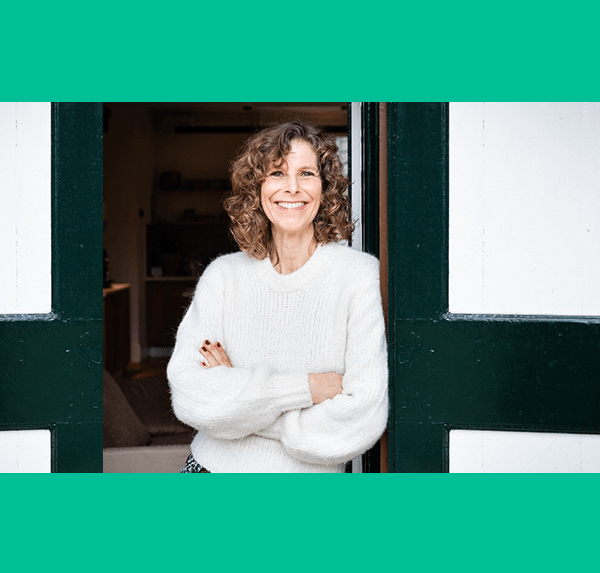Founding a Non-Governmental Organization (NGO) with Noëlle Alice Demole
Noëlle Alice Demole graduated from EU Business School in 2017 with a BA in International Relations. However, her journey to setting up her non-governmental organization (NGO) actually began in 2012, with a trip from her home in Switzerland to Tamil Nadu in India. Her experiences working in an orphanage in this region inspired her to found the Shere Khan Youth Protection program—but she knew further study and self-development were required before she could really get started.
Speaking to current students at the EU Business School, she said, “You can’t start an NGO without first constructing yourself.”
Noëlle, who also holds an MSc in Negotiation and Conflict Resolution from Columbia University, is employed as an AML Compliance Officer-Associate Manager at Bank Julius Bär & Co. in Zurich. She manages her duties as Founder and CEO of Shere Khan, a project that has is currently helping 231 (soon to be 300 by the end of 2021) young people so far, alongside this full-time role.
In 2021, at the age of 28, she was named in Forbes 30 Under 30 list—and is it any wonder? She never stops! Our students were very lucky to learn from her and ask her questions about her work in the humanitarian field.

Here’s all you need to know about the Shere Khan Youth Protection project and how you can get involved!
What does the Shere Khan Youth Protection project do?
The Shere Khan Youth Protection project was started in May 2018. There are two sides to the organization’s operations, which are split between Switzerland and Arani, a small village outside Chennai in Tamil Nadu. In partnership with SUEB Group, they aim to protect and empower the young Indian generation by opening up access to education.
Noëlle manages the financial side from Zurich, raising funds to put the region’s “lost children” through school and university.
In the field, a team of four volunteers work tirelessly to identify young people who could benefit from their help. They have contacts at local orphanages and speak to youth living on the streets. If they are keen to learn, Shere Khan helps them apply to schools, colleges, and universities in Tamil Nadu.
They finance the entire program and cover any necessary expenses, including accommodation, food, transport, uniforms, and school supplies. The team in India also monitors exam results and student wellbeing across the years, making adjustments as needed to ensure learners are getting everything they need to succeed. Project beneficiaries graduate with a degree and can find employment, reach both intellectual and financial independence, and finally break the cycle of poverty. By helping one generation, Noëlle is hopeful her organization can save many more to come.
The meaning behind the name
Shere Khan means “chief among tigers” from Persian and Arabic origins (The word for tiger in Persian is just ‘Shere’ which is followed by the Arabic word for lord ‘Khan’). Some of you may also recognize it as the name of the terrifying tiger in Rudyard Kipling’s The Jungle Book. But far from seeing tigers as villainous, Noëlle believes they are symbols of courage, strength, and protection, all of which are things she wants to give to the young people her program helps.
How to found an NGO: Noëlle’s story
Noëlle first visited Arani, India, in 2012, shortly after finishing school. She’d never been away from home by herself before, and she was not yet sure what she wanted to do with her life. It was this trip that inspired the thought process which culminated in the creation of Shere Khan.
While she was in the village, she worked for a month in an orphanage where one hundred and twenty children lived in one room, and when she got back to Switzerland, she set about raising money to construct a new building for them. Eventually, Noëlle was able to collect 50,000CHF, which built two more rooms over the next three years.
In order to make a more significant difference, however, she knew she needed to educate herself, so she spent the next six years carefully researching and planning.
Founding an NGO is very much a step-by-step process. Here are the steps she took to get to where she is today:
1. Find a gap (a problem without a solution).
Noëlle knew, from her firsthand experience, that the Indian government is very active in setting up and managing orphanages for children. But when those children become young adults, aged 16-18, they have to move on in order to make room for those who are younger. When they leave, they have nothing and nowhere to go. This is where Noëlle found her gap.
Poverty, lack of education, homelessness, and trafficking are four of the greatest challenges India faces today. There are twenty million orphans in the country (62,000 in Tamil Nadu alone) and nearly three million homeless teenagers and adults.
All of these issues have a knock-on effect on each other, and Noëlle thought that if she could reach out to these young adults and give them an education, she could help reduce homelessness and poverty in the country.
2. Find a realistic solution to the gap.
The Shere Khan Youth Protection project intervenes when these young adults are moving out of the orphanages and gives them access to an education, which they hope will protect them from the dangers of living on the streets, e.g.:
- Forced marriage
- Trafficking – human, drugs, wildlife, arms
- Sexual violence
- Prostitution
- Gang violence and murder
- Alcoholism
They are currently helping 231 students, who are enrolled in high school, university, and community college projects. The goal for the end of the year is to have helped almost three hundred young people. Noëlle’s next project milestone is to help a thousand beneficiaries.
3. Build a detailed plan.
Passion is a great starting point, but like Noëlle said, creating an NGO is a step-by-step process; you need direction, objectives and the right contacts in the chosen country. As Demole states: ‘‘Okay, so you want to help, but what are you actually going to do to effect change?’’
4. Contact the right people in the field and find a local partner.
Finding the right partner will be crucial to the success of your NGO. You can’t set up an organization like this, especially from a distance, without volunteers in the field to help you. Noëlle is partnered with SUEB, a local organization that focuses on empowering young women. By working together, these two organizations help each other meet their mutual goals.
5. Admin, sales, and marketing.
Not all humanitarian work is about action. In fact, money is the key to doing a successful job in this field. To get funding and attract donations, you need to first register as an NGO and look after your company’s compliance. Then, you need to demonstrate your credibility to donors for them to be willing to sponsor you. Finally, you must spread the word about your work in a way that makes you and your organization seem attractive, respectable, and genuine.
Want to get involved?
- Check out Shere Khan’s recently rebranded website!
- Donate. 300CHF will fund one year of a bachelor’s degree program; 1,500CHF will fund a whole degree (3-4 years).
- Sponsor a student and follow their progress.
- Join the team. Whether you want to accompany Noëlle on her next trip to Arani or volunteer on a long-term basis, she’s always looking for help!

